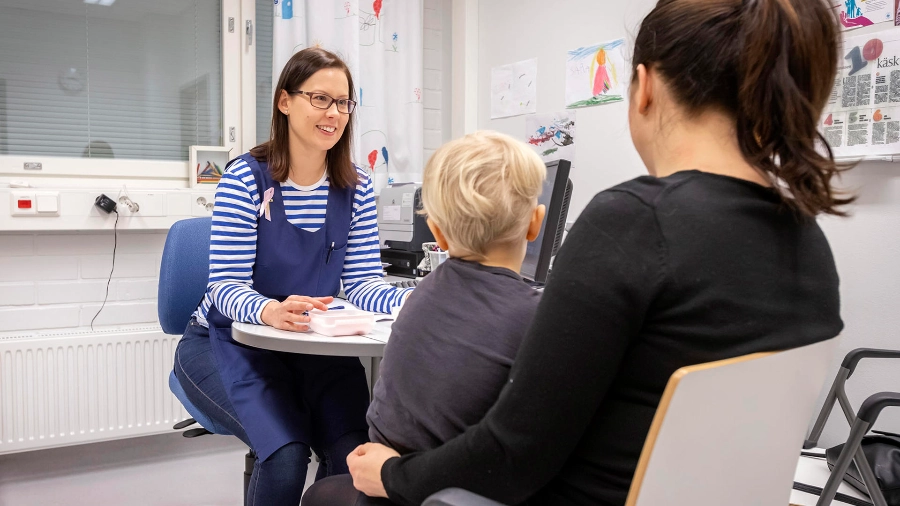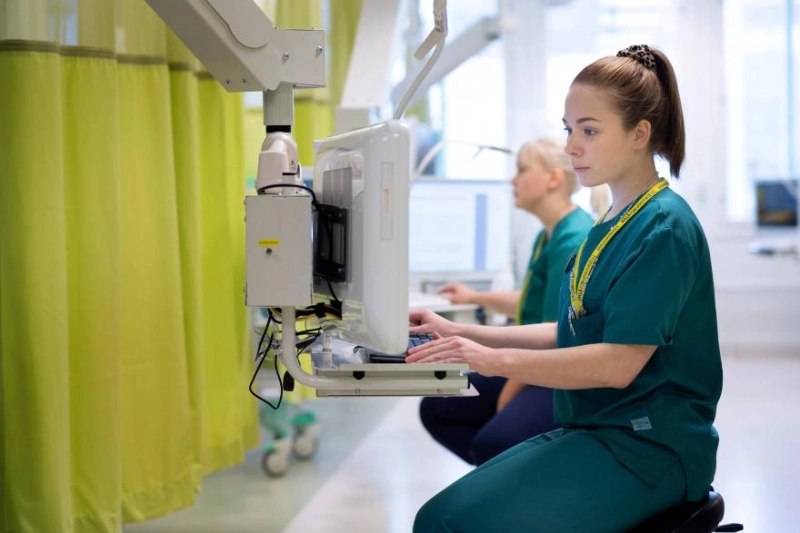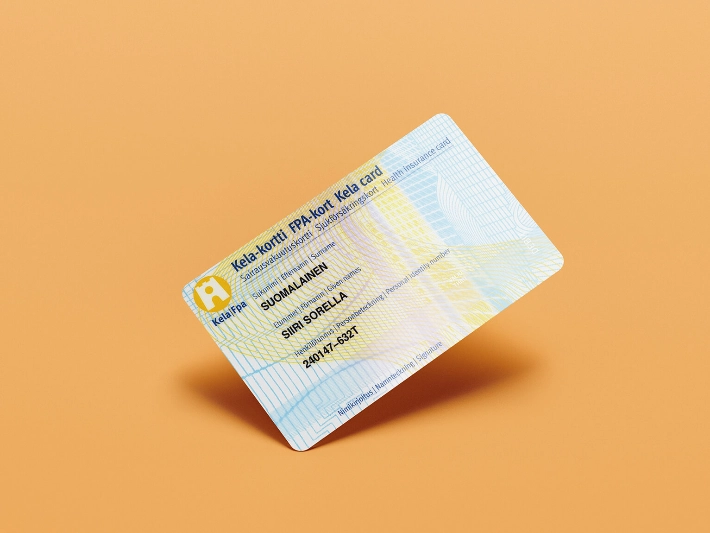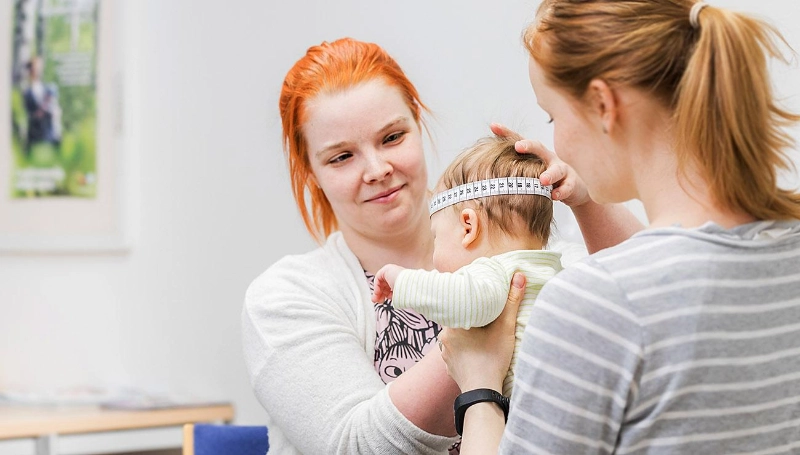In a word, good. Finland’s hospitals can be found on the lists of the world’s best hospitals. Clinics and hospitals are staffed by well-educated doctors, nurses, and healthcare workers. Furthermore, most places can serve customers in English.
Healthcare in Finland

City of Naantali
Expect high-quality, low-cost public health services in Finland.
Finland genuinely cares about the health and well-being of each and every one of its residents. Because of that, healthcare is accessible, affordable, and available to all.
Top-notch healthcare, at your service

Credits: HUS
The New Children's Hospital in Helsinki stands out – for both its unique architecture and next-level care.

Credits: HUS
Finland is a health technology superpower that’s focused on revolutionizing patient care and well-being.
What is healthcare like in Finland?
Like many Nordic nations, Finland’s public healthcare system is tax-funded and accessible to anyone residing here. Wellbeing services counties are responsible for developing, organizing, and running both primary and specialized medical care services.
In addition to Finland’s public health services, private healthcare services are available to those who, for example, seek fast access directly to a specialist. And all employers are responsible for providing voluntary preventative healthcare screenings for their employees – some even offer care through private healthcare companies.
Most people use a mix of public, private, and employee healthcare services. For example, you might use your employer-provided healthcare to seek services at a private medical clinic, where they would then refer you to specialized, high-quality public healthcare services according to your needs. Many doctors, too, divide their work time between public and private clinics.
Is healthcare in Finland free?
Healthcare isn’t entirely free, but it’s quite inexpensive. Most fees are covered by the patient’s home municipality, and services like maternity and child health clinic visits, nurse’s consultations, and primary health screenings are offered at no cost to residents.
If you do have to pay for treatment, don’t worry – public healthcare service fees are fixed. While these vary from city to city, they’re extremely affordable. For example, a one-time consultation with a public healthcare doctor is approximately 30 euros, a basic visit to the dentist costs around 10 euros, and a hospital stay won’t cost more than 50 euros per day. These are approximations, but they offer a sense of what types of costs you can expect. Visit this website for more information on public healthcare service fees.
Remember: these maximum fees do not apply to private healthcare services. Private healthcare clinics set their own prices. For instance, a 20-minute appointment with a specialist could range from 50 to 250 euros, depending on the service. Employer-provided service costs can also vary, so be sure to ask what’s included during the candidate interview process.

Credits: Kela & Work in Finland
Kela cards work like magic: show yours to be immediately reimbursed for many out-of-pocket healthcare expenses.

Credits: Sisä-Savon terveydenhuollon kuntayhtymä
High-quality maternal and child healthcare clinics take care of moms, babies, and children – for free.
Does Finland have national health insurance?
Yes, National Health Insurance is part of the Finnish social security system and is provided by the Social Insurance Institution of Finland (Kela). As a rule, all permanent residents of Finland are covered under the country’s NHI scheme, including anyone who moves to Finland for work.
Upon arrival, you should visit a local registration office, tax office, Finnish foreign mission, or the Finnish Immigration Service, where you’ll be issued a social security number. After that, you will receive your personal health insurance card, which is also known as a Kela card. This card can be presented at any pharmacy or clinic, and you’ll be automatically reimbursed for any medical costs. Visit Kela's website to apply for a Kela card.
What kind of occupational healthcare does Finland offer?
In Finland, every employee is entitled to occupational healthcare services. In practical terms, this means preventative services that support an employee’s well-being throughout their career. Employers are also required by law to provide a healthy, safe work environment and prevent work-related illnesses and injuries.
It’s important to note that, while employees are entitled to preventative healthcare, providing medical treatment beyond that is voluntary for employers. However, many companies view health and wellness benefits as competitive differentiators for attracting top talent and are happy to provide additional services to employees. For more on this topic, visit the welfare and benefits page.
You might also want to know



.jpg)
